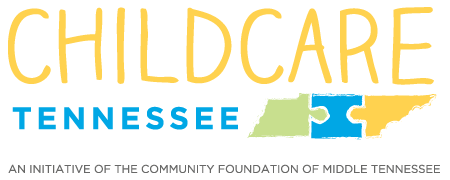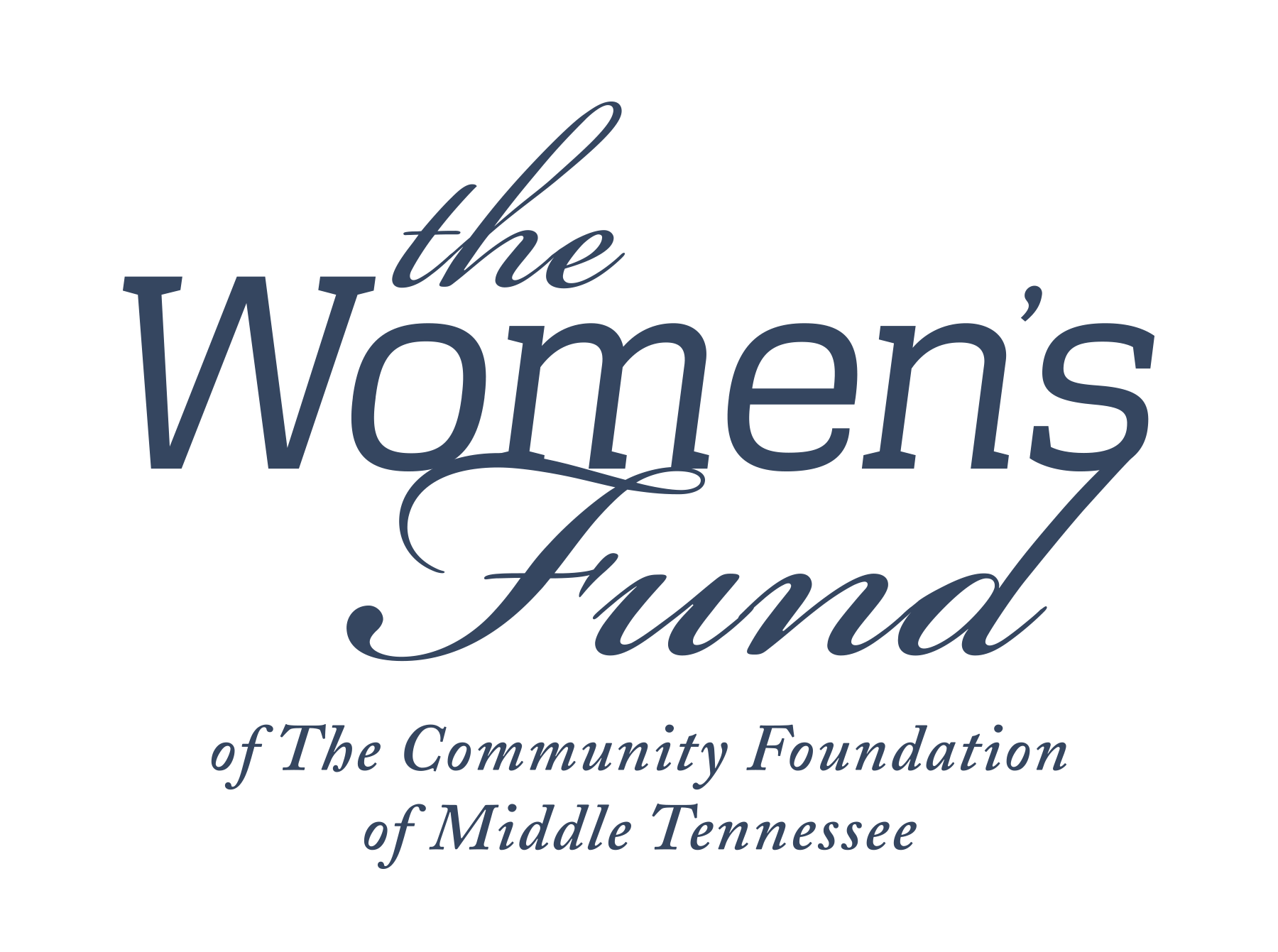What You Need To Know
Incorporated in 1991, the Community Foundation of Middle Tennessee, Inc. is a qualified publicly supported charity under Internal Revenue Code Section 501(c)3 and 509(a)1 allowing us to offer tax deductions for gifts made to The Foundation, just as they would receive for gifts to other nonprofit organizations.
Since our beginning more than three decades ago, the Community Foundation of Middle Tennessee has grown to be one of the largest community foundations in the United States. Donors have entrusted us with 1050 charitable funds, we’ve established relationships with nonprofits through the 40 counties of Middle Tennessee we serve, and we are a leader and a resource for philanthropy for individuals, companies, and families. We encourage professional advisors access the Professional Advisor Toolkit, to review our Financial Policies and Investment Guidelines, and explore other information.
The following is an overview of some of the guiding principles of the Community Foundation.
The Community Foundation of Middle Tennessee’s investment objectives are to maintain and increase the purchasing power of the endowment, and to produce a solid return for distribution to maximize the Foundation’s ability to meet current community needs.
When a donor makes a gift of $500,000 or more, the Foundation can offer flexible options for investment management of these funds beyond the total return strategy applied to the majority of funds held within the endowment.
Charitable funds provide resources for grantmaking and can help make a positive difference in the community. Carrying out the wishes of donors, the Community Foundation of Middle Tennessee disburses grants to nonprofit organizations throughout the United States recognized as public charities exempt form income tax under Section 501(c)3 of the Internal Revenue Code. Grants provide support for the work of nonprofit organizations in areas “from arts to zoology” including but not limited to the arts, humanities, conservation, education, health, and social services.
All grants are approved by the Board, assisted by a professional program staff that reviews and evaluates all proposals.
The Board of Directors is the governing body of the Foundation responsible for administrative policy and authorization of all grants. Each of the members bring his or her own experience and background, whether in business, community service, law, education, finance, or other areas, to bear on the direction of the Foundation’s work. Their familiarity with local issues and knowledge of changing economic and social conditions sharpens their ability to function and advise Foundation staff. It is their responsibility to represent donors’ interests, to monitor grantees, and to ensure, through the years, a most advantageous application of grant dollars.
The Foundation’s spending policy sets distributions for grants at a fixed percent of the portfolio’s average market value over a prior multiple quarter period. This policy covers Unrestricted, Field-of-Interest, Designated, Agency Endowment, Affiliate, and Scholarship Funds. The policy was adopted to assure a stable and predictable flow of funds for grantmaking and operating expenses, despite market and yield volatility.
One of the distinguishing characteristics of a community foundation is its variance power. The variance power permits The Foundation to modify a restriction on a fund. This may happen when the Board of the Foundation determines that the restriction is unnecessary, incapable of fulfillment, or inconsistent with the charitable needs of the community.
Inclusion of the variance power in the Foundation’s governing documents is a requirement of the tax regulation applicable to the Foundation. Perhaps more importantly as a practical matter, the variance power allows the Foundation to take changing times into account – for instance, to modify the purpose of a fund designated to fight a disease that is then defeated, such as polio. The Foundation would only exercise the variance power with great care, giving full consideration to the original intent of the donor and attempting to arrive at the closest similar purpose.
Helping Clients Leave a Legacy
Through the Community Foundation of Middle Tennessee you can offer your clients a way to create a personal philanthropic fund that is suited to meet their specific needs and interests. There are a variety of funds available to help donors achieve their charitable objectives.
To assure mutual understanding, the donor and the Community Foundation sign a formal fund agreement that describes the gift, outlines the administrative procedures, and defines the charitable goals of the fund. This is true for donors making current or planned gifts, and in either case an initial contribution $5,000 or more is required to create a named, permanent fund ($10,000 or more is required to create a Scholarship Fund). We ask that all provisions in wills and trust agreements for the creation of funds be reviewed by Foundation staff to ensure our understanding the donors’ objectives and determine our ability to carry out their philanthropic intent.
We hope you will further explore the ways clients’ goals can be achieved through the Community Foundation of Middle Tennessee with the informational resources we’ve provided here:
Current Gifts: including cash, publicly-traded and closely held stock, life insurance, mutual funds, real estate, and tangible personal property.
Planned Gifts: including bequests, charitable lead trusts, charitable remainder trusts, pooled income fund, deferred compensation plans, or gift remainder interest in residence or farm with retained life estate. Because a bequest to The Foundation allows for an unlimited charitable estate tax deduction, and because combined federal and state estate taxes can be significant, bequests can create tax savings that will be passed on to your clients’ heirs. Through the Community Foundation, a bequest creates a permanent legacy that will serve the community for generations to come.
The IRA Charitable Rollover: In 2015, Congress passed the IRA Charitable Rollover into permanent law, making it available to donors and charities for the foreseeable future. This provision makes it incredibly easy for donors with IRAs to ‘rollover’ up to $100,000 once they reach the age of 70½ to public charities without having to count the distributions as taxable income. We’re ready to help our donors take advantage of this legislation and make gifts during your lifetimes. Our personalized service and local expertise helps you address the issues and causes most important to you.
The following are charitable giving options your client may want to consider in some special situations including transfer of a private foundation and ownership of a closely held business, as well as information relevant to corporate clients.
Transferring a Private Foundation:
As charitable donors, your clients may wish to create a vehicle that allows them to maintain long-term involvement with charitable assets. A private foundation can be an attractive giving vehicle for a person in the right circumstances. However, the disadvantages of private foundations, including costs, administration, and lesser tax benefits, cause many people to seek a better alternative. While some donors may find a private foundation suited to their needs, the alternative of establishing a fund at the Community Foundation of Middle Tennessee often proves more attractive. Private foundations can transfer assets to establish a permanent, named fund or supporting organization of the Community Foundation of Middle Tennessee. In either case, the private foundation’s name and philanthropic goals can be retained. No tax or penalty is assessed on such transfers. We invite you to discuss with us ways in which we can help your private foundation clients achieve their charitable purposes and avoid burdens and limitations associated with the maintenance of a private foundation.
When Your Client Owns a Closely Held Business:
Owners of a closely held or family business are often very involved in the community and in charitable giving. A partnership with the Community Foundation of Middle Tennessee, a public charity, is a cost-effective method to maximize and target charitable involvement while minimizing tax liability.
The Foundation can be of particular assistance under the following circumstances
- Passing ownership of the company to children or others
- Selling the company and minimizing taxes
- Getting equity out of the company to provide income for the donor and others
- Facing taxation on excess retained earnings
When Your Client is a Corporation:
Corporations are often inundated with requests for contributions, which may result in an unfocused program of corporate giving. The donations a corporation makes may depend on the executive contacted by a particular charity and, therefore, may vary from year to year. Some corporations may be unsure of the charitable dollars they will have available. In addition, a corporation may wish to focus on a particular community problem, but may find prohibitive the cost of the necessary administrative time and effort.
Unrestricted Impact Funds:
This fund offers the greatest flexibility in responding to the community’s changing needs and allows The Foundation to address issues as they emerge. By creating unrestricted funds, donors create a legacy that will grow and change as their community does.
Agency Endowment Funds:
This fund is created by a nonprofit to protect charitable dollars for the future of their work and mission. Through this type of fund, nonprofits build endowment guaranteed to receive prudent stewardship, while providing a lasting source of income.
Corporate Care Funds:
These funds are charitable vehicles through which employees of participating companies who need assistance when facing serious personal financial hardship can apply for help.
Designated Funds:
This fund supports one or more nonprofit organizations the donor selects. Donors may establish a designated fund, ensuring continuous gifts to their favorite charitable organization and perpetuating their charitable goals.
Donor-Advised Funds:
Donor-advised funds permit donors to participate in the funding process by suggesting grants to nonprofit organizations. This type of fund provides convenience and flexibility by allowing donors to support various charitable organizations over time through one initial donation. For some, this is an attractive alternative to a private foundation.
Field-of-Interest Funds:
This fund allows donors to support broad areas of interest, such as education, the arts, the environment, or youth services. Through competitive grants to organizations working in the fund’s defined area of interest, donors can make an impact in a lasting, meaningful way.
Scholarship Funds:
This fund, a specific type of Field-of-Interest Fund, helps students pursue their academic goals and can be established by companies, organizations, families, or individuals. Scholarships may have merit or need-based criteria, and can be designed to assist students from a certain school, a designated community, or those entering specific fields of study.
Fund or Private Foundation
Donors today have a number of options for their philanthropy. Community foundations are public charities that are geographically based; they know about local needs and the organizations that can best fill them. They offer tailor-made charitable services, quickly and at little or no cost. They are also connected to grantmakers all over the country and can help donors target support even when the best nonprofits may be located outside their area. Donors establish a fund in the Community Foundation to accomplish their charitable goals.
Commercial gift funds – donor-advised vehicles offered by financial firms – offer online service and are a convenience for the transactional donor. But because they are national and don’t have staff who live in the donor’s community, they can’t offer donors personal service and/or information about local charities.
For a quick side-by-side comparison of the two, check out the Professional Advisor Toolkit.
Before recommending a private foundation to clients, professional advisors should weigh both their immediate costs and long-term viability. The continuing turmoil in the financial markets has taken a huge toll on private foundations. It has also reduced the assets of community foundations. But, by pooling the support of many, The Community Foundation can weather downturns and continue to make grants that have impact and make a difference.
For further reference:
IRC Section 170: Income tax deductions for charitable contributions and the limits on such deductions.
IRS Section 501(c)(3): Charitable organizations defined.
IRS Section 509: Private foundations defined.
IRS Sections 4940-4946: Rules governing private foundations.
Treas. Reg. Section 1.507-2(a)(8): Material restrictions on assets.
Treas. Reg. Section 1.170A-9(e)(10)-(11): Community trusts defined.








